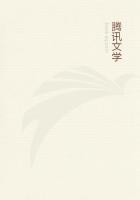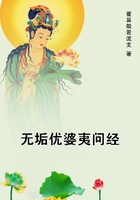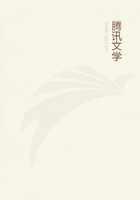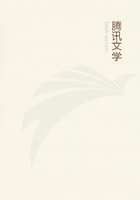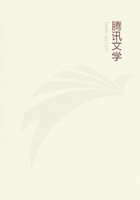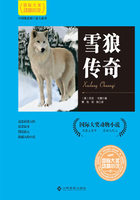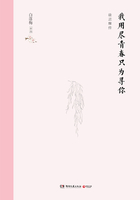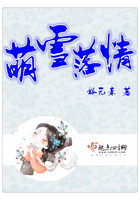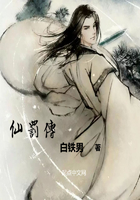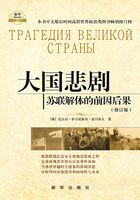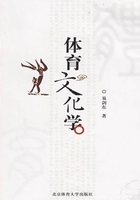The self-indulgent man, then, craves for all pleasant things or those that are most pleasant, and is led by his appetite to choose these at the cost of everything else; hence he is pained both when he fails to get them and when he is merely craving for them (for appetite involves pain); but it seems absurd to be pained for the sake of pleasure. People who fall short with regard to pleasures and delight in them less than they should are hardly found; for such insensibility is not human. Even the other animals distinguish different kinds of food and enjoy some and not others; and if there is any one who finds nothing pleasant and nothing more attractive than anything else, he must be something quite different from a man; this sort of person has not received a name because he hardly occurs. The temperate man occupies a middle position with regard to these objects.
For he neither enjoys the things that the self-indulgent man enjoys most-but rather dislikes them-nor in general the things that he should not, nor anything of this sort to excess, nor does he feel pain or craving when they are absent, or does so only to a moderate degree, and not more than he should, nor when he should not, and so on; but the things that, being pleasant, make for health or for good condition, he will desire moderately and as he should, and also other pleasant things if they are not hindrances to these ends, or contrary to what is noble, or beyond his means. For he who neglects these conditions loves such pleasures more than they are worth, but the temperate man is not that sort of person, but the sort of person that the right rule prescribes.
12
Self-indulgence is more like a voluntary state than cowardice. For the former is actuated by pleasure, the latter by pain, of which the one is to be chosen and the other to be avoided; and pain upsets and destroys the nature of the person who feels it, while pleasure does nothing of the sort. Therefore self-indulgence is more voluntary.
Hence also it is more a matter of reproach; for it is easier to become accustomed to its objects, since there are many things of this sort in life, and the process of habituation to them is free from danger, while with terrible objects the reverse is the case. But cowardice would seem to be voluntary in a different degree from its particular manifestations; for it is itself painless, but in these we are upset by pain, so that we even throw down our arms and disgrace ourselves in other ways; hence our acts are even thought to be done under compulsion. For the self-indulgent man, on the other hand, the particular acts are voluntary (for he does them with craving and desire), but the whole state is less so; for no one craves to be self-indulgent.
The name self-indulgence is applied also to childish faults; for they bear a certain resemblance to what we have been considering.
Which is called after which, makes no difference to our present purpose; plainly, however, the later is called after the earlier.
The transference of the name seems not a bad one; for that which desires what is base and which develops quickly ought to be kept in a chastened condition, and these characteristics belong above all to appetite and to the child, since children in fact live at the beck and call of appetite, and it is in them that the desire for what is pleasant is strongest. If, then, it is not going to be obedient and subject to the ruling principle, it will go to great lengths; for in an irrational being the desire for pleasure is insatiable even if it tries every source of gratification, and the exercise of appetite increases its innate force, and if appetites are strong and violent they even expel the power of calculation. Hence they should be moderate and few, and should in no way oppose the rational principle-and this is what we call an obedient and chastened state-and as the child should live according to the direction of his tutor, so the appetitive element should live according to rational principle.
Hence the appetitive element in a temperate man should harmonize with the rational principle; for the noble is the mark at which both aim, and the temperate man craves for the things be ought, as he ought, as when he ought; and when he ought; and this is what rational principle directs.
Here we conclude our account of temperance.

